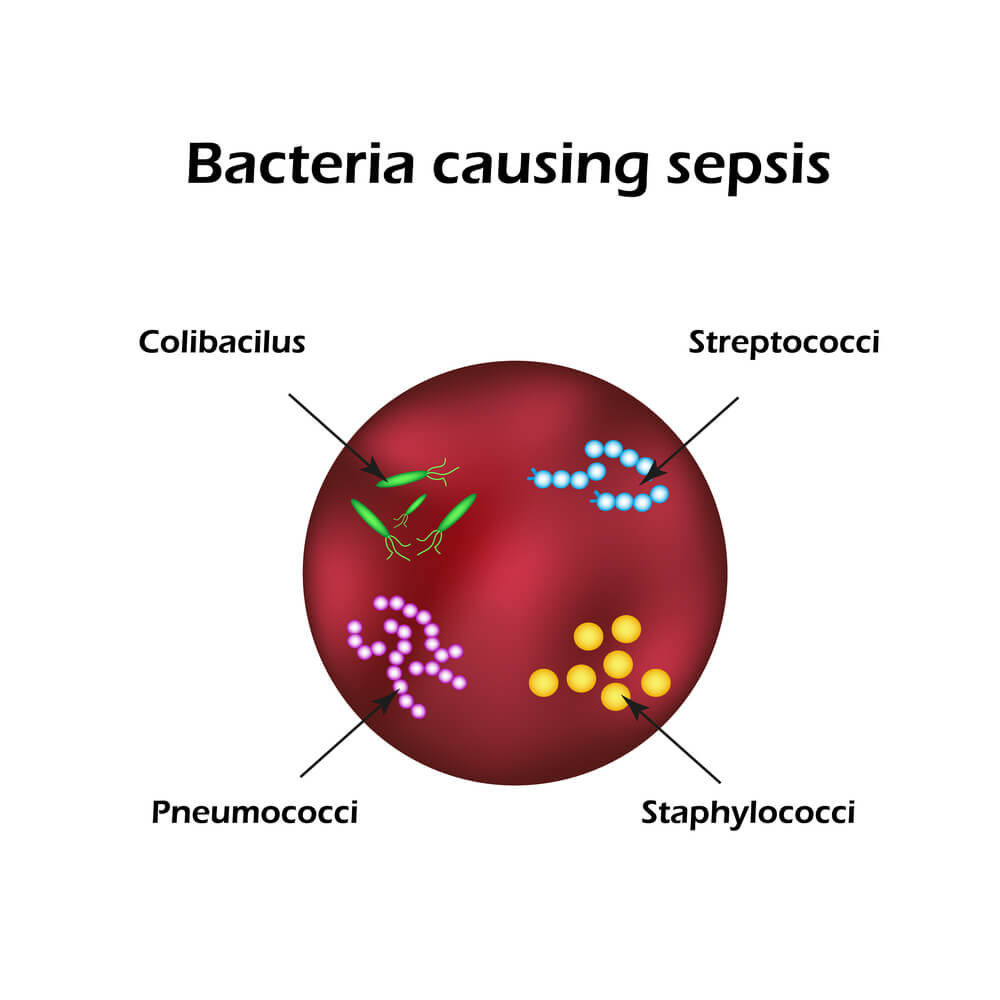
Our Personal Injury Lawyers at QualitySolicitors Parkinson Wright explain what sepsis is, how it can affect women and their babies during pregnancy or soon after birth, and whether you can claim for compensation if you fall ill with sepsis as a result of negligence in your care.
Sepsis is a complication which can result from an infection anywhere in the body, such as pneumonia, flu, or a urinary tract infection. It causes the immune system fighting the infection to go too far and attack organs and other tissues.
It can affect anyone – indeed, according to the UK Sepsis Trust, sepsis accounts for more UK deaths than breast cancer and bowel cancer combined. Pregnant women and those who have just given birth are particularly vulnerable to maternal or postpartum sepsis, as it is known if suffered during pregnancy or within six weeks of giving birth. Sepsis can also pass from the mother to the child before or during the birth.
Without rapid treatment, pregnancy-associated sepsis can lead to multiple organ failure and death. One-third of people who develop sepsis die, while those who survive can be left with life-changing effects, such as post-traumatic stress disorder, chronic pain and fatigue, organ dysfunction or an amputation.
Early symptoms of sepsis include:
- high or low temperature;
- accelerated heartbeat or breathing;
- breathlessness or headache;
- severe abdominal pain, diarrhoea or vomiting;
- extreme sleepiness;
- rash;
- abdominal or pelvic pain and tenderness;
- abnormal vaginal discharge; or
- urinary pain.
Sepsis can affect anyone, but risk factors for maternal and postpartum sepsis include obesity; diabetes; anaemia; a history of pelvic infection; group B streptococcal infection or invasive procedures; prolonged length of time between water breaking and baby being born; and streptococcal infection in close contacts.
If you are suspected of having sepsis, you should be given an initial blood test to confirm the diagnosis, then a variety of other tests to ascertain the type of sepsis, where it is sited and the areas of the body that have been affected. The treatment you receive will depend on the location and cause of the initial infection, and the extent of any damage.
If you have suffered maternal or post-partum sepsis, the medical professionals treating you have a legal duty to provide you with a reasonable standard of care. If you have not received adequate care – for example if a sepsis diagnosis was missed, the required tests were not carried out, or your sepsis treatment was delayed – and you have suffered as a result, you may have grounds to claim compensation for medical negligence.
The test used to establish negligence by medical professionals is that laid out in Bolam v Friern Hospital Management Committee (1957). To satisfy this, a medical professional must show they acted in a way that a responsible body of medical professionals in the same field would regard as acceptable.
You will need to provide evidence, including medical reports, witness accounts, a written record of how sepsis has affected you, and details of any expenses which have arisen from your experience.
The amount of compensation you could receive depends on factors such as the effect the sepsis has had on your life, your mental health, your lifestyle, and on your life expectancy. Also taken into account will be the amount of care and support you require because of your sepsis.
For a confidential discussion and advice on bringing a claim for compensation following poor care which resulted in pregnancy-related sepsis, contact our Personal Injury Team on 01905 721600 or via email worcester@parkinsonwright.co.uk
This article is for general information only and does not constitute legal, medical or professional advice. Please note that the law may have changed since this article was published.
